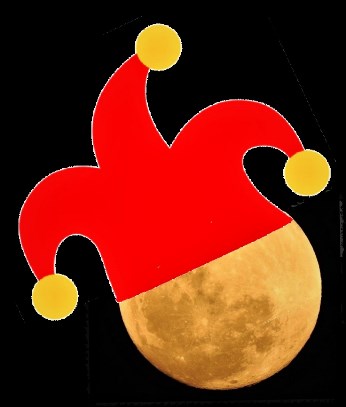
In what seems now ancient history in the year 2019, I covered the metaphor of an April Fool. It is April Fool’s Day as I write this, so I sought about for another foolish word.
So who was Tom? A generic name, equivalent to our “Joe Blow” or “John Q. Citizen,” if we are to believe the etymology given by Merriam-Webster’s Online site. This origin gets repeated by sources found with Google. Thome would have been foolish indeed for his example to endure many centuries. Admittedly, we do still call miserly folks “Scrooges,” but we have Uncle Ebenezer (I played him in our 6th Grade Christmas play) to remind us of Dickens’s original humbugler.
As usual, I sought out the OED for clarity and authority on this matter. Thome Fole was English, right?
Yes indeed. Tom was a common name in Medieval England, and as the OED explains, the earliest recorded examples from the 14th Century likely refer to specific jesters named Tom. I’m reminded of a later Tom, “Poor Tom,” the madman Edgar feigns to be from King Lear. Later, the term simply became generic, with the older spelling “fole,” from the Anglo-Norman foole, becoming our “fool.” And there we have it.
Who else from myth or history has a name that became metaphor? Tyrants, certainly, and dictators. Think of all the “Little Hitlers” since 1945. Consider the many Lincolns who have freed people and scores of Cassandras trying to warn us (though we fools do not listen).
Send words and metaphors, wise or foolish, to me by e-mail (jessid -at- richmond -dot- edu) or leaving a comment below.
Image courtesy of Wikipedia.